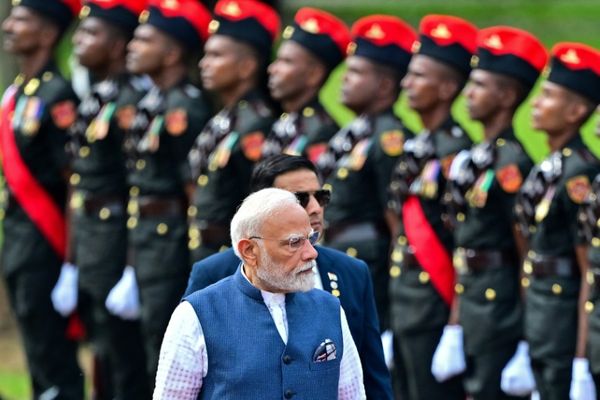
F1 is currently enjoying a boom in popularity in the United States, with three American races announced on the calendar for 2023 as Las Vegas joins Austin and Miami.
But it has been over 15 years since an American last raced full-time in F1. A recent push by Red Bull to secure IndyCar driver Colton Herta an AlphaTauri seat for next year fell flat as the FIA was unwilling to grant him an exemption for a superlicence.
McLaren Racing CEO Brown said that while adding an American driver and a US-based team to the grid would be great for F1, he felt they were not essential to the series’ popularity in the United States, evidenced by its current success.
“I think it would be great for both of them to happen, it would further enhance Formula 1 here,” said Brown at Laguna Seca earlier this month.
“But we don’t have either today, and look how popular Formula 1 is now in America.
“So I’d love to see it happen, but I don’t think it has to happen. Because Formula 1 is hot today without it.”

The decision to deny Herta a superlicence despite his track record in IndyCar led to criticism of the FIA’s system from many in American racing circles.
Alexander Rossi, who made five F1 appearances for Manor in 2015, said the “greed” of past decisions surrounding superlicence eligibility had cost Herta his rightful chance to make the switch to F1.
Brown himself pointed out the need for reform, noting that current world champion Max Verstappen and 2007 title winner Kimi Raikkonen would both have been denied F1 graduations by the existing system.
Along with Herta trying to make the switch across, his IndyCar team, Andretti, has been working to secure a new entry on the F1 grid in the future, only to face opposition from many of the existing teams.
McLaren has always been in favour of adding Andretti to the grid, but Brown felt many of the other teams had been “very short sighted, and think about what’s only in their best interest in the short term.”
Brown added: “We think a little bit differently. I think someone like Andretti could help make the sport grow. What we might lose out in the short term by sharing prize money will come back to us with more TV ratings, more sponsorship out of North America, etc.
“It’s a handful of teams that are trying to protect their own income and don’t see the bigger picture.”







